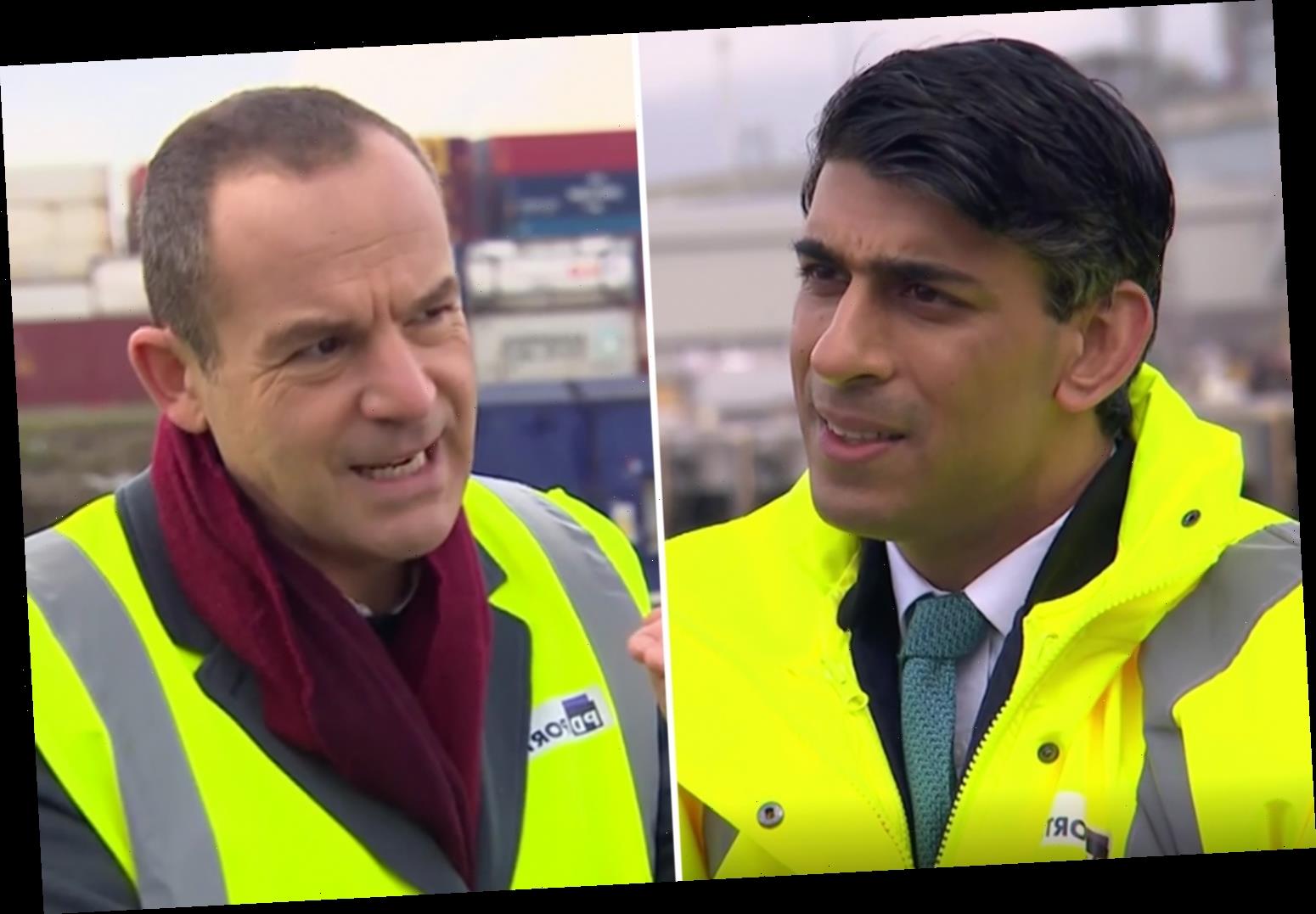MARTIN Lewis has urged Rishi Sunak to extend the £20 a week Universal Credit boost to the millions of people that are on the old benefits system.
The MoneySavingExpert founder went head-to-head with the Chancellor in an exclusive interview for the Martin Lewis Money Show.
In his Budget this week, Mr Sunak confirmed that Universal Credit claimants will continue to get the £20 a week uplift to their payments for another six months.
People on Working Tax Credits will also get a one-off £500 payment.
But ministers have so far rejected calls to hike payments for other older benefits that haven’t yet been replaced by Universal Credit.
Speaking to the Chancellor, Martin read out a message from one viewer called Claire who asked why she isn’t receiving the same level of support for her adult disabled son.
She said: “There are legacy benefits who haven’t been given the support. Why not and will you look at changing that please?”
Her question was echoed by the money-saving guru.
Martin asked the Chancellor: “The disabled, the carers out there who aren’t getting that support?
“You’re not willing to help the others who are struggling because of Covid?”
The Chancellor replied by saying the Universal Credit boost was designed “to help those in low income work” whose circumstances were affected by the pandemic.
He added that extending the support to older benefits would be a “totally different rationale” and said it would be possible for some people to transition to Universal Credit.
What to do if you have problems claiming Universal Credit
IF you’re experiencing trouble applying for your Universal Credit, or the payments just don’t cover costs, here are your options:
- Apply for an advance – Claimants are able to get some cash within five days rather than waiting weeks for their first payment. But it's a loan which means the repayments will be automatically deducted from your future Universal Credit payout.
- Alternative Payment Arrangements – If you're falling behind on rent, you or your landlord may be able to apply for an APA which will get your payment sent directly to your landlord. You might also be able to change your payments to get them more frequently, or you can split the payments if you're part of a couple.
- Budgeting Advance – You may be able to get help from the Government for emergency household costs of up to £348 if you're single, £464 if you're part of a couple or £812 if you have children. These are only in cases like your cooker breaking down or for help getting a job. You'll have to repay the advance through your regular Universal Credit payments. You'll still have to repay the loan, even if you stop claiming for Universal Credit.
- Cut your Council Tax – You might be able to get a discount on your Council Tax by applying for a Council Tax Reduction. Alternatively, you might be entitled to Discretionary Housing Payments to help cover your rent.
- Foodbanks – If you're really hard up and struggling to buy food and toiletries, you can find your local foodbank who will provide you with help for free. You can find your nearest one on the Trussell Trust website.
All existing benefit and tax credit claimants are expected to be moved onto Universal Credit by September 2024.
However, anyone who has a change of circumstance that requires a new benefit claim will be moved earlier.
If you have a choice of moving over to Universal Credit, you should seek advice first from a free organisation such as Turn2Us or StepChange.
This is because your payments are likely to change, as well as the date you're paid.
The commitments you need to agree to in order to remain eligible for benefits are likely to be different as well.
The Chancellor said: “That option is available for everybody because obviously that is the system that we want to move everyone to over time.
“I’d urge people to have a look at that, if that might make sense for them.”
Universal Credit replaces Income Support, Income-based Jobseeker’s Allowance (JSA), Income-related Employment and Support Allowance (ESA), Housing Benefit, Child Tax Credit and Working Tax Credit.
Top benefits advisers had recommended that people on the older benefits system should get an extra £1,000 a year during the pandemic.
However, Universal Credit director Neil Couling has previously said it could take up to five months to make the changes for legacy benefits.
DWP chief Therese Coffey has also rejected any plans to increase the old benefits during the pandemic.
- Watch the full interview on The Martin Lewis Money Show Live ITV 8.30pm tonight
We explain six Universal Credit and benefit changes that were announced in the Budget.
n other news, Universal Credit claimants urged to claim council tax discounts "straight away".
We round up 11 Universal Credit loopholes and how to apply for extra cash help.
Source: Read Full Article







